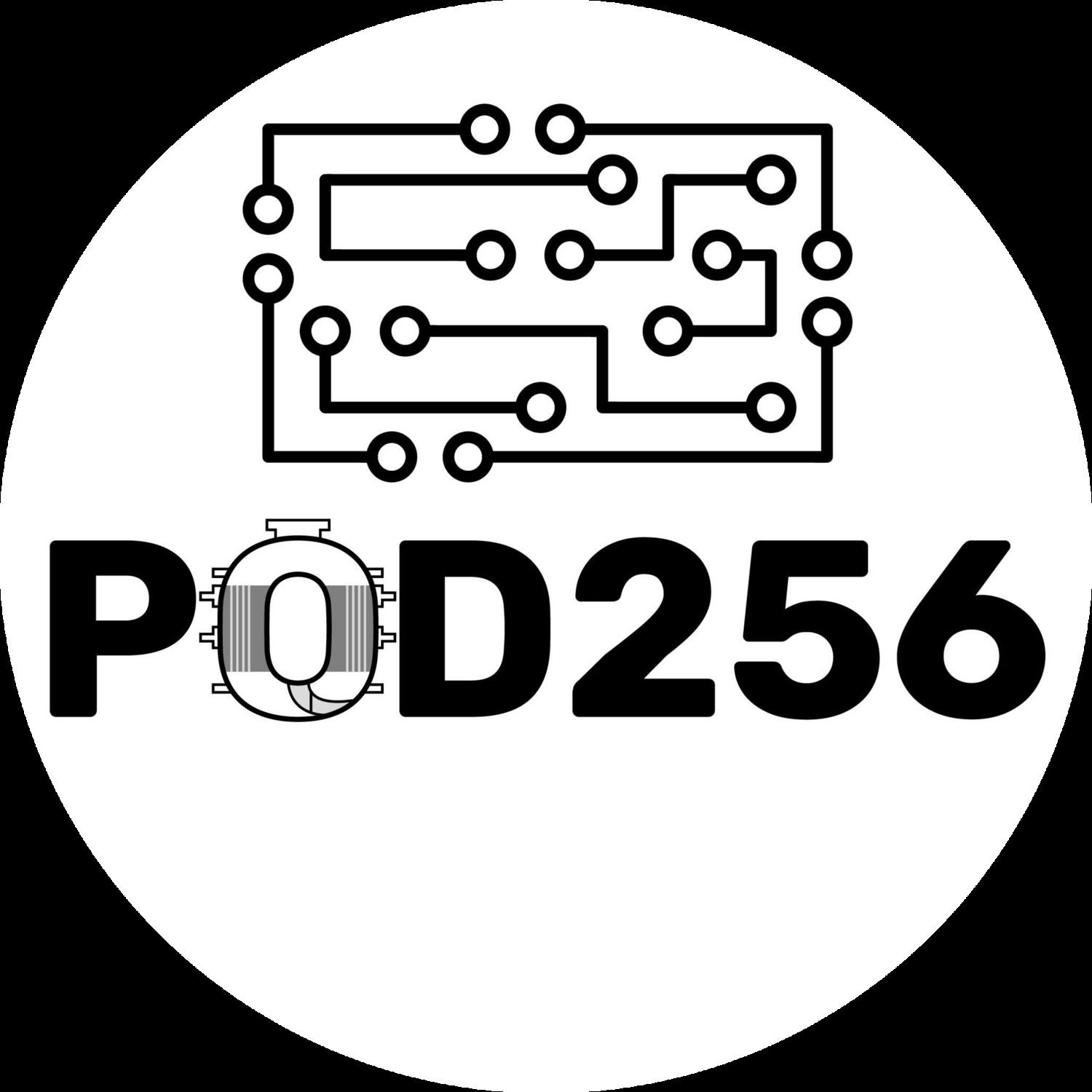19 November 2025
095. Open-Source or Bust: Mujina, Miner Firmware Wars, and the Future of Trustless Hashing - E95

In this episode, we go deep on the shifting landscape of Bitcoin mining hardware, open-source firmware, and why trustless stacks matter for miners big and small. Fresh off the local Bitcoin++ in Durham, we recap the vibe: a developer-heavy crowd, real collaboration between devs and miners, and our announcement of the Mujina developer preview—an open-source mining firmware now publicly accessible for hands-on testing. We discuss practical demo plans for the HeatPunk Summit, creative power ideas (from inverter gens to EVs like the F-150 Lightning/Cybertruck), and what it takes to stage quiet, controlled mining demos. From secure boot cat-and-mouse games to aftermarket control boards, we unpack why closed firmware is antithetical to Bitcoin’s trust-minimized ethos, the history from CGMiner and GPL violations, and how LibriBoard, Hydro Pool, and Start9 packaging can radically reduce friction for at-home and pro operators. We also cover Stratum v2 progress, open-source community wins (Home Assistant integrations, config-first setups), and tangible on-ramps for developers—including free Auradine chips from 256 Foundation for reverse engineering and Bitaxe-based Mujina dev workflows. We close with a candid segment on Freedom Tech, the chilling effects of targeting software developers, and why building and supporting open-source tools is essential for a free society. Resources and links mentioned (non-sponsor): - Mujina developer preview: github.com/256foundation/mujina - 256 Foundation chips request: 256foundation.org (contact form at page bottom) - Hydra Pool (self-hosted pool software) - LibriBoard (open control board initiative) - ESP-Miner and Bitaxe (dev-friendly hardware) - Start9 Office Hours (service packaging) and Hydra Pool packaging efforts - Exergy docs and forum: support.exergyheat.com - Bitcoin++ local edition (Durham), BitDevs communities - Stratum v2 discussions and implementations - Home Assistant miner integrations, Node-RED and shell-script config approaches
